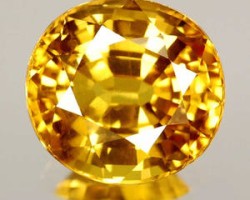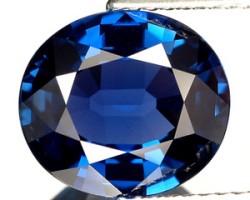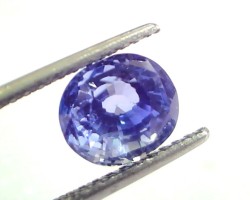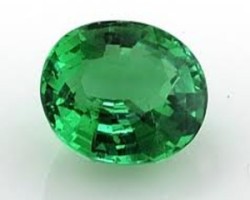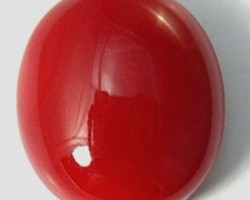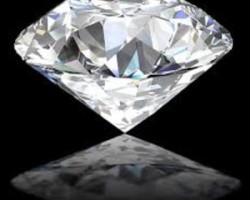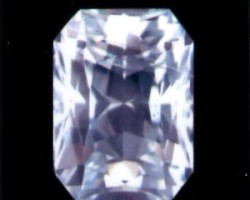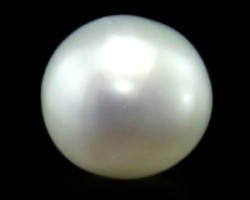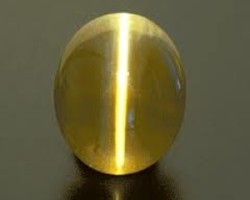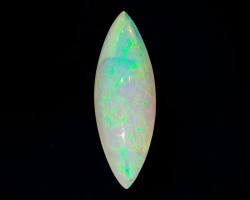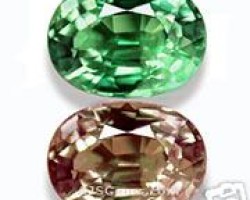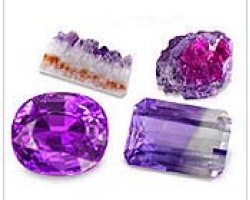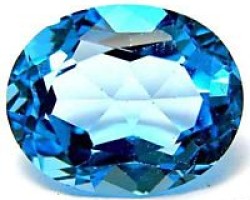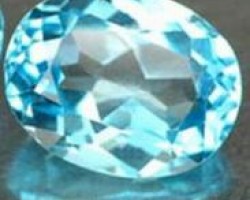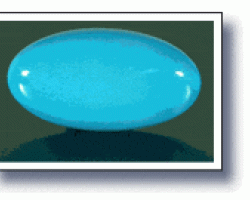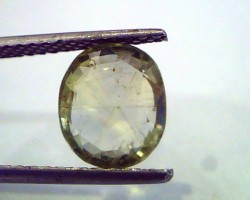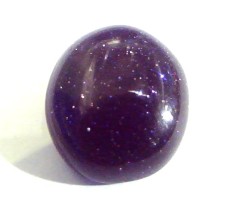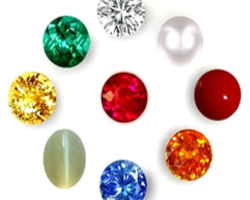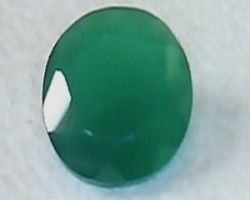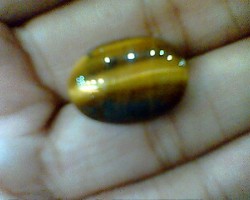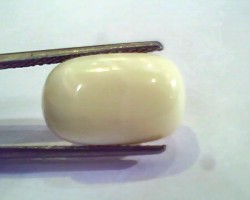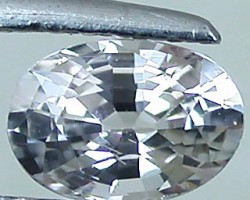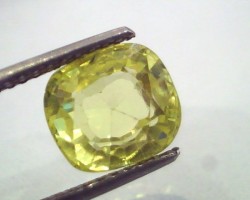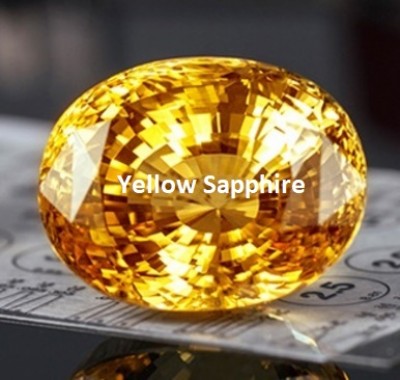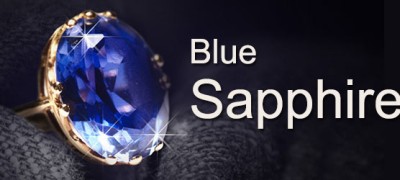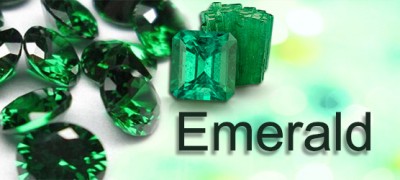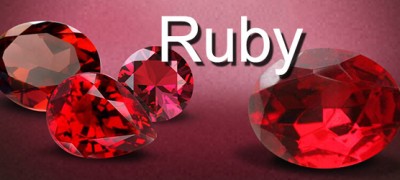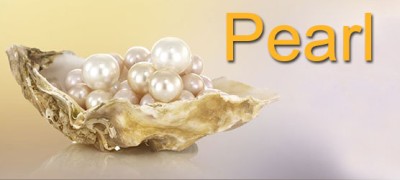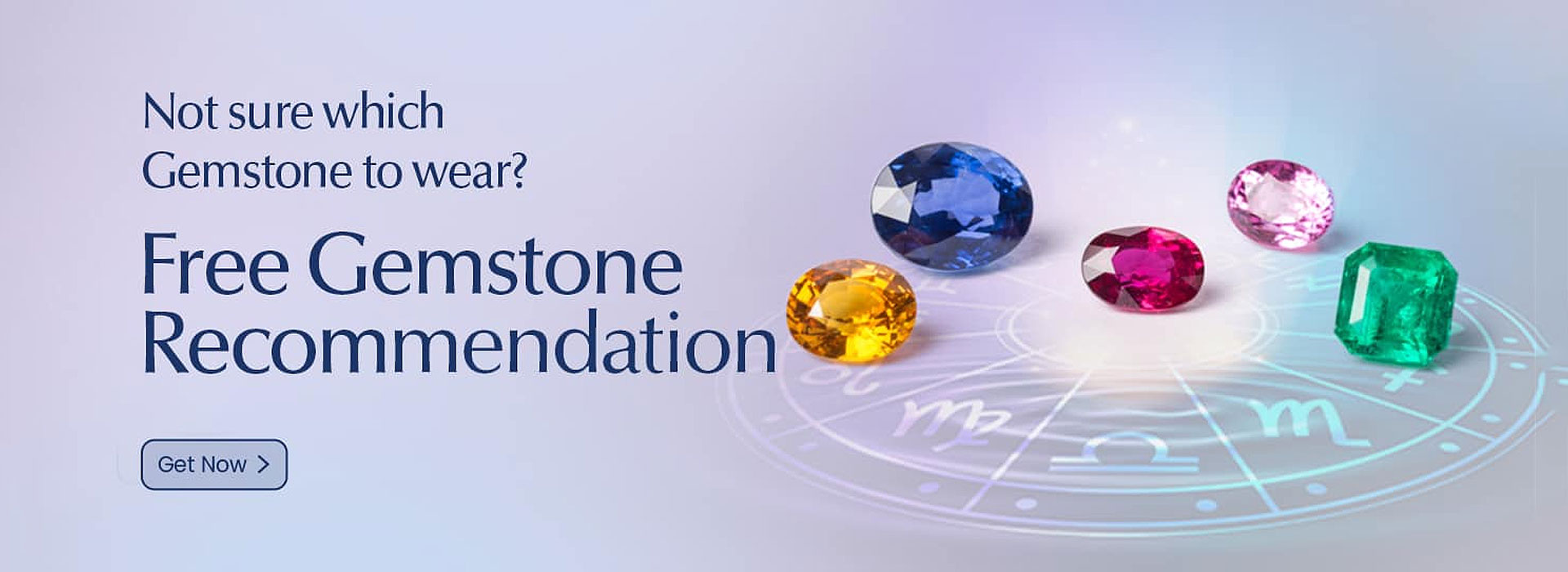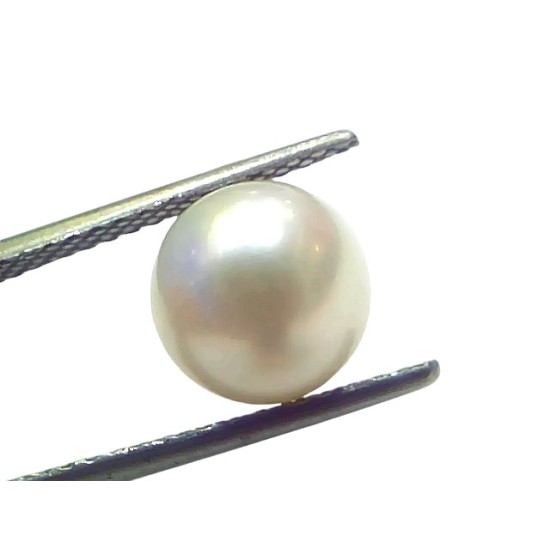
Product Description | |
Gemstone Name : | Natural south sea pearl |
Number of Pieces: | 1 Pc |
Weight: | 5.48 ct |
Gem Shape: | roundish bead |
Color: | Yellowish white |
Clarity: | opaque |
Luster: | EXCELLENT |
ORIGIN | south sea |
Measurement | 9.22 mm |
5.48 Ct Natural Certified Real South Sea Pearl Certified Moti
- Stock: In Stock
- Model: pearl434
- Weight: 5.48Ct
₹5,460.00
Available Options
According to astrology, pearls are associated with several benefits and properties that can positively affect the wearer. Here are some of the astrological benefits of pearl:Emotional balance: Pearls are believed to have a calming and balancing effect on the emotions, helping to reduce stress and anxiety.Inner wisdom: Pearls are associated with intuition and spiritual awareness, and are believed to help the wearer tap into their inner wisdom and intuition.Nurturing energy: Pearls are associated with the nurturing energy of the feminine, and are believed to promote feelings of love and compassion.Creativity: Pearls are associated with the creative energy of the moon, and are believed to stimulate the imagination and enhance artistic expression.Clarity of thought: Pearls are believed to promote clarity of thought and mental focus, helping the wearer to make sound decisions and achieve their goals.Healing energy: Pearls are associated with healing, and are believed to have a positive effect on the physical, emotional, and spiritual body.It is important to note that these beliefs are based on astrology and are not scientifically proven. The actual benefits of wearing a pearl may vary depending on the individual and their personal beliefs and experiences.
Pearls are associated with several astrological signs and are believed to have specific astrological properties. Here are some of the astrological names of pearl:Cancer: Pearls are the birthstone for the astrological sign of Cancer, which is associated with nurturing, emotions, and intuition.Moon: Pearls are also associated with the moon, which represents emotions, intuition, and the feminine.Monday: Pearls are believed to be lucky for those born on Monday, as Monday is associated with the moon.Pisces: Pearls are associated with the astrological sign of Pisces, which is associated with intuition, creativity, and spiritual awareness.Sagittarius: Pearls are also associated with the astrological sign of Sagittarius, which is associated with wisdom, knowledge, and spirituality.It is believed that wearing a pearl can enhance the positive energies associated with these astrological signs and properties.
The price of a pearl can vary widely depending on a number of factors, including its size, shape, color, luster, surface quality, and origin. Here are some of the factors that can affect the price of a pearl:Size: Generally, the larger the pearl, the more expensive it is.Shape: Round pearls are considered the most valuable, while non-round or baroque pearls may be less expensive.Color: Pearls come in a wide range of colors, from white to black and everything in between. The most valuable pearls are typically those with a natural, even color and strong saturation.Luster: The quality and intensity of the pearl's luster can have a big impact on its value. High-quality pearls have a bright, reflective luster that gives them a glowing appearance.Surface quality: Pearls with few blemishes or imperfections on their surface are generally more valuable than those with many flaws.Origin: Pearls from certain regions, such as Tahiti or the South Seas, may be more expensive due to their rarity and unique characteristics.As a result of these factors, the price of a pearl can range from a few dollars for a small, low-quality pearl to tens of thousands or even hundreds of thousands of dollars for a large, high-quality pearl.
The quality of a pearl is determined by several factors, including its luster, shape, size, color, and surface quality. Here are some of the factors that affect the quality of a pearl:Luster: The luster of a pearl refers to its shine and brilliance. High-quality pearls have a bright, reflective luster that is highly valued.Shape: The shape of a pearl can vary, and certain shapes are considered more valuable than others. Round pearls are the most highly valued, but other shapes such as oval, teardrop, and baroque can also be beautiful.Size: The size of a pearl can vary from tiny seed pearls to large pearls over 20 mm in diameter. Larger pearls are generally more valuable, but other factors such as luster and shape also play a role in determining value.Color: Pearls can come in a range of colors, including white, pink, lavender, black, and gold. The most highly valued color is a pure white with a rose overtone, but other colors can also be highly sought after.Surface quality: The surface quality of a pearl refers to the presence of blemishes or imperfections on the surface. High-quality pearls have a smooth, blemish-free surface, while lower quality pearls may have visible blemishes or irregularities.When shopping for pearls, it's important to consider all of these factors and choose pearls that meet your personal preferences and budget. The highest quality pearls are typically more expensive, but there are many options available at various price points.
The chemical properties of a pearl are primarily determined by its composition, which is predominantly calcium carbonate (CaCO3) in the form of aragonite. Here are some of the chemical properties of pearls:Solubility: Pearls are soluble in acidic solutions, such as vinegar or hydrochloric acid. This is because calcium carbonate reacts with acid to form calcium ions (Ca2+) and carbon dioxide (CO2).Hardness: Pearls are relatively soft, with a hardness of 2.5 to 4.5 on the Mohs scale. This means they can be scratched by harder materials such as quartz or diamond.Reactivity: Pearls can react with certain chemicals, such as chlorine bleach or ammonia, which can cause them to discolor or lose their luster.Stability: Pearls are stable under normal conditions, but they can be damaged by extreme heat, prolonged exposure to sunlight, or exposure to harsh chemicals.Luminescence: Pearls exhibit luminescence, which is a property of certain materials to emit light when exposed to ultraviolet (UV) radiation.Overall, pearls are relatively stable and durable gemstones that can last for many years with proper care.
A pearl is a hard, spherical object produced by certain mollusks, primarily oysters and mussels. It forms inside the shell of the mollusk as a response to an irritant, such as a grain of sand, that becomes lodged in its soft tissue.The process by which a pearl forms is known as pearl secretion. When an irritant enters the mollusk, the animal responds by secreting a substance called nacre around it. Over time, layers of nacre build up around the irritant, forming a pearl.Pearls can be found in both freshwater and saltwater environments, and they have been prized as gems for thousands of years. The most famous pearl-producing regions in the world include the Persian Gulf, the Red Sea, the waters of Japan and China, and the coasts of Australia and Tahiti.
Pearls can be worn by anyone, regardless of gender, age, or personal style. In astrology, pearls are associated with the astrological signs of Cancer, Pisces, and Sagittarius, but anyone can wear them for their beauty and elegance.In terms of fashion, pearls can be worn by anyone looking to add a touch of sophistication and elegance to their outfit. They are versatile and can be dressed up or down depending on the occasion. Pearls are often worn for formal events such as weddings, but can also be worn in a more casual setting for a stylish and chic look.In some cultures, pearls are believed to have healing properties and are worn for their spiritual and emotional benefits. In these cases, pearls may be recommended for those seeking balance, emotional healing, or spiritual growth.Ultimately, anyone can wear pearls and enjoy their beauty and elegance, regardless of their personal style, beliefs, or astrological sign.

